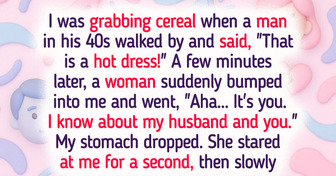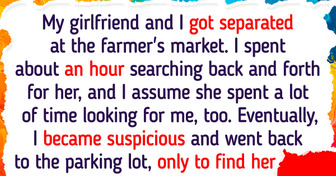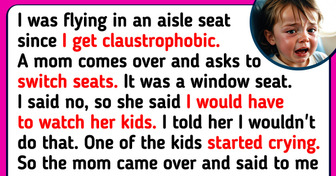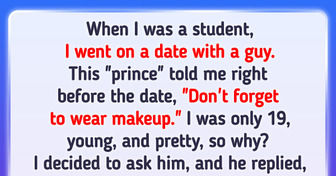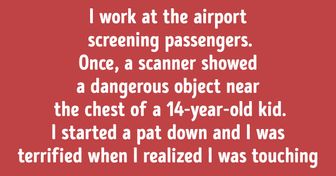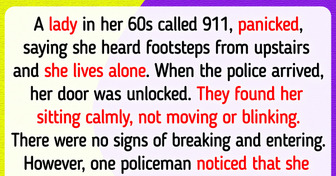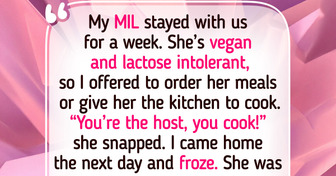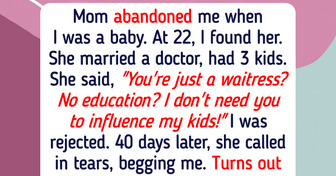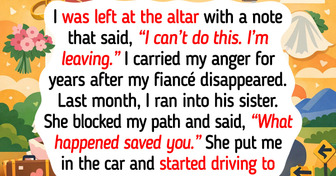WTH!!!
Reply
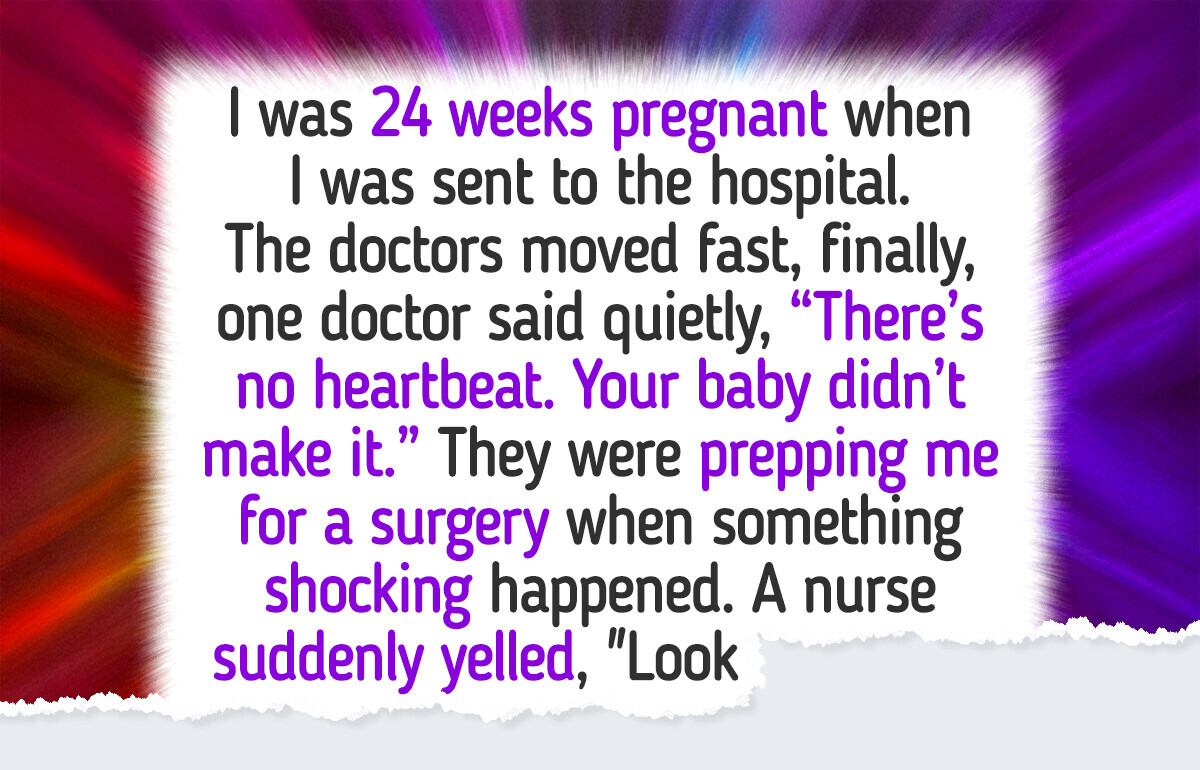
Imagine living a life so bizarre, so filled with shocking twists, that even the most talented movie director would struggle to film it. These are the stories that defy logic, challenge our perceptions, and leave us stunned in awe.
With every turn, they remind us that reality is far stranger than we could ever imagine. Buckle up, because the incredible tales ahead are about to take you on an emotional rollercoaster you’ll never forget.
And here are 12 Wild Plot Twists That Drove People Insane.

